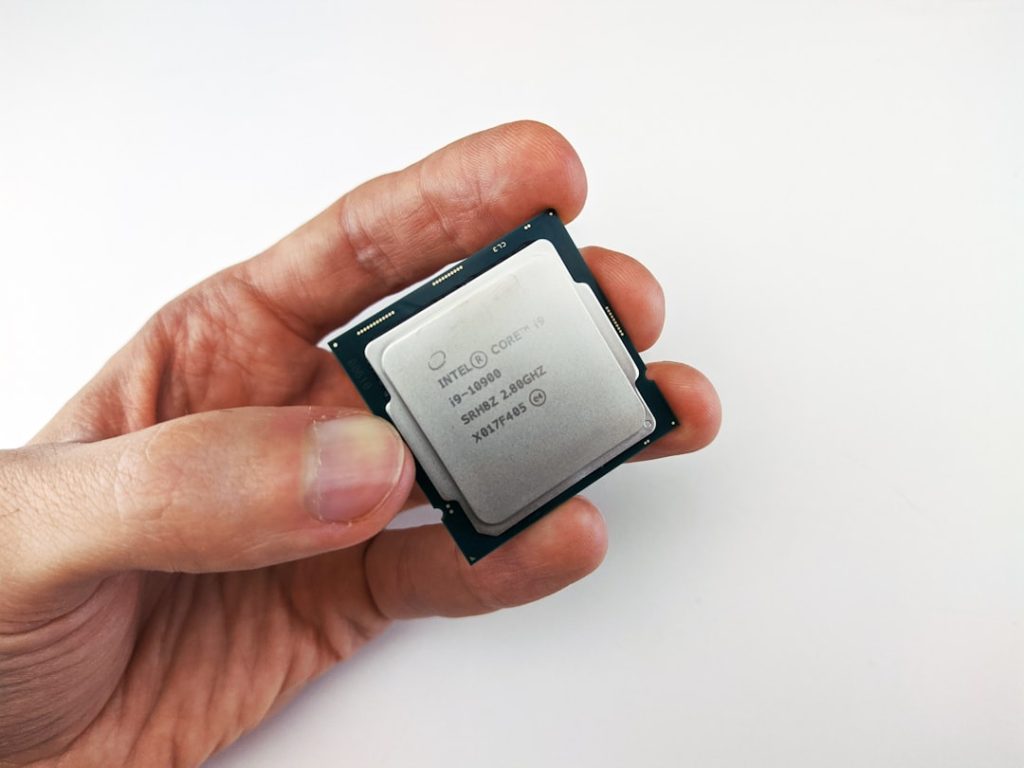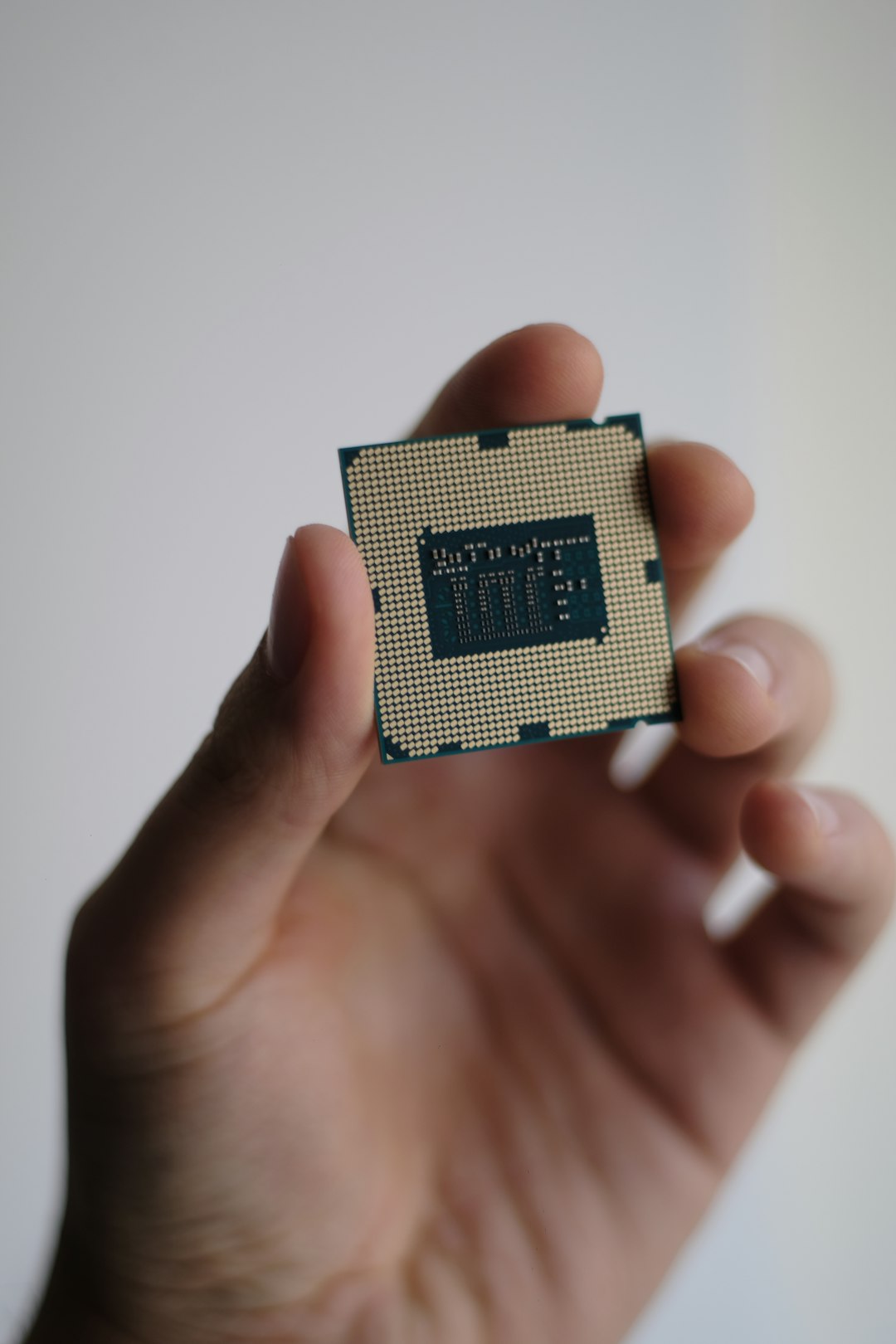Ryzen 9 9950X vs Core i9-14900K: Which Wins?

In the ever-evolving world of PC hardware, two names continuously battle for dominance in the high-performance CPU space: AMD and Intel. With the release of AMD’s Ryzen 9 9950X and Intel’s Core i9-14900K, the battlefield has once again been reset. Both processors target enthusiasts, gamers, and professionals who demand top-tier performance from their systems. But when choosing one for your next build or upgrade, which CPU stands above the other?
Architecture and Specifications
The foundation of a CPU’s capability lies in its architecture. Here’s how the Ryzen 9 9950X and Core i9-14900K compare at the architectural level:
- AMD Ryzen 9 9950X: Built on the refined Zen 5 architecture and leveraging TSMC’s 4nm process, the 9950X features a 16-core, 32-thread configuration. It offers a base clock of 4.4 GHz and a boost clock reaching up to 5.7 GHz, with a TDP of 170W.
- Intel Core i9-14900K: Based on the Raptor Lake Refresh architecture and manufactured using Intel 7 process (10nm Enhanced SuperFin), the 14900K includes 24 cores (8 Performance-cores + 16 Efficiency-cores) and 32 threads. It packs a base frequency of 3.2 GHz for P-cores, with turbo frequencies peaking at 6.0 GHz. Its base TDP stands at 125W, but reaches up to 253W under load.
The hybrid architecture of Intel offers a different performance balance by offloading background tasks to E-cores. AMD, on the other hand, maintains homogeneous high-performance cores throughout.

Performance Benchmarks
We analyzed a variety of benchmark results to get a clear understanding of how these CPUs perform in real-world and synthetic workloads. Here’s a breakdown based on several categories:
Single-Core Performance
Intel maintains a slight edge in single-core tasks, which is attributed to Raptor Lake’s increased clock speeds and IPC (Instructions Per Cycle) enhancements. This makes the i9-14900K a strong contender for lightly threaded applications like some older games and legacy software. However, AMD has narrowed the gap significantly with Zen 5 improvements, and the Ryzen 9 9950X competes closely in many scenarios.
Multi-Core Performance
Thanks to its uniform 16 performance cores and improvements in cache latency, the Ryzen 9 9950X often pulls ahead in multi-threaded workloads. Tasks such as video encoding, 3D rendering, and scientific computing benefit from AMD’s consistent high-performance thread count.
Gaming Benchmarks
Gaming is an area where both CPUs deliver exceptional results. However, depending on the title and graphics settings, one may have a minor edge:
- 1080p gaming (CPU-bound): The i9-14900K shows better frame rates in titles like CS:GO and Rainbow Six Siege due to its higher boost clock and thread prioritization.
- 1440p and 4K gaming (GPU-bound): The performance difference becomes negligible as the GPU becomes the bottleneck, and both CPUs offer fluid framerates across the board.
Both processors are ideal for gaming, but if raw FPS matters at lower resolutions, Intel might have a slight advantage.
Power Efficiency and Thermals
Power consumption and heat management are critical, especially when running resource-heavy tasks or gaming for prolonged periods. In this department, AMD’s Ryzen 9 9950X shows notable improvements.
- AMD 9950X: Thanks to the TSMC 4nm process, the 9950X maintains higher efficiency while delivering comparable or superior performance. It typically consumes less power under the same workloads, translating to cooler temperatures and lower fan noise.
- Intel 14900K: Despite its exceptional performance, the CPU is power-hungry under full load. In stress tests, it can hit the 253W mark quickly, and thermal throttling becomes a concern without adequate cooling.
If you are focused on silent operation, energy savings, or compact PC builds, AMD takes the lead in efficiency and thermal performance.
Platform and Compatibility
Another point to consider is the platform each CPU inhabits. Compatibility, future-proofing, and motherboard features can influence your purchasing decision.
- Ryzen 9 9950X: Requires an AM5 motherboard and DDR5 exclusively. AMD has a reputation for extending support for CPU upgrades within the same socket generation, making AM5 a potentially more future-friendly platform.
- Core i9-14900K: Compatible with LGA 1700 socket motherboards (Z690, Z790) and supports DDR4 or DDR5 memory, offering added flexibility for builders on a budget. However, Intel is likely to move to a new socket in upcoming generations.
Depending on whether you’re building from scratch or upgrading an existing system, this can significantly sway your decision. Intel’s backward compatibility edge is evident, but AMD’s unified platform strategy may be better for long-term investors.

Overclocking and Thermal Headroom
If you’re an enthusiast looking to push your hardware, overclocking capabilities are significant. Both CPUs allow for detailed overclocking, but with different characteristics.
- Core i9-14900K: Allows unlocked core ratios, memory tuning, and high-frequency headroom, especially with liquid cooling setups. Intel’s Extreme Tuning Utility (XTU) offers advanced control, and with appropriate cooling, reaching 6.0 GHz or slightly beyond is realistic.
- Ryzen 9 9950X: Employs tools like Precision Boost Overdrive (PBO) and Curve Optimizer. Though AMD CPUs aren’t traditionally headlined for massive manual overclocking, Zen 5 introduces better auto-overclocking behavior and thermal adaptation.
Intel offers a slightly higher ceiling for extreme enthusiasts, but AMD presents a more efficient and safer tuning path for most users.
Pricing and Value
As of launch, both CPUs are placed near the top of the enthusiast pricing ladder:
- Ryzen 9 9950X: Priced around $699 USD
- Core i9-14900K: Priced around $589 USD
The Intel chip is slightly less expensive, appealing to gamers or creators who want high-end performance without breaking the bank. However, the Ryzen 9 9950X offsets its higher price with lower energy costs, better multithreaded output, and future-proof platform benefits.
Conclusion: Which CPU Wins?
Ultimately, the better choice between the Ryzen 9 9950X and Core i9-14900K depends on your use case:
- Choose the Ryzen 9 9950X if you value superior multi-core performance, platform longevity, energy efficiency, and you’re building an entirely new rig that prioritizes professional or creative workloads.
- Choose the Core i9-14900K if you want elite single-core performance, better gaming at very high frame rates, and more flexible memory support across DDR4 and DDR5.
There’s no universal winner – the best CPU is the one that meets your specific needs and integrates best with your existing or planned hardware setup. Both AMD and Intel have delivered technology marvels worthy of admiration.
For power users who demand the best of both performance and efficiency, however, the Ryzen 9 9950X seems to carry a slight overall edge in 2024.
